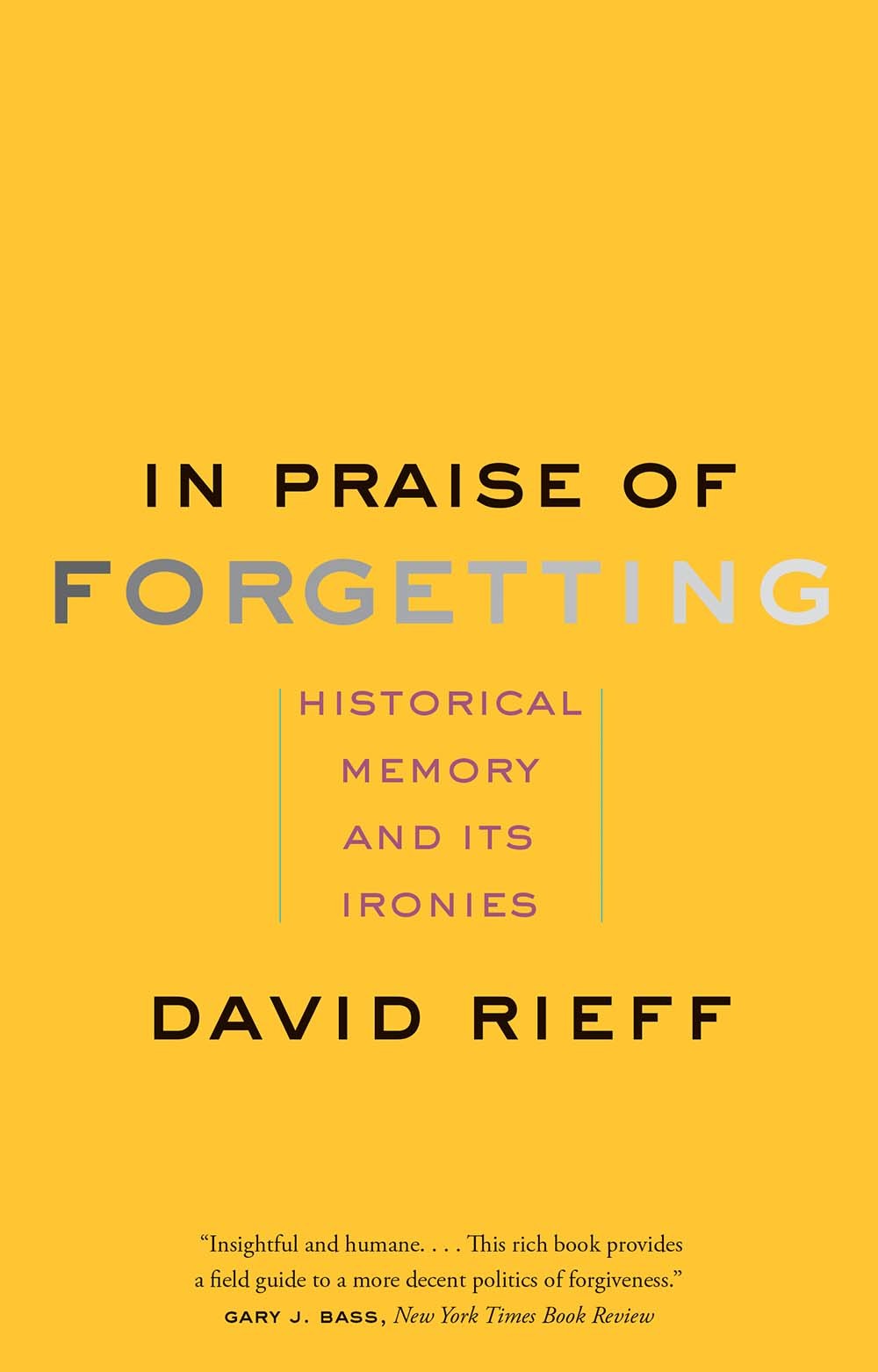What do you think?
Rate this book


160 pages, Paperback
First published May 24, 2016
But what if [the memorialising of collective historical memory as a high moral obligation] is wrong, if not always, then at least part of the time? What if collective historical memory, as it is actually employed by communities and nations, has led far too often to war rather than peace, to rancour and resentment rather than reconciliation, and the determination to exact revenge for injuries both real and imagined, rather than to commit to the hard work of forgiveness?